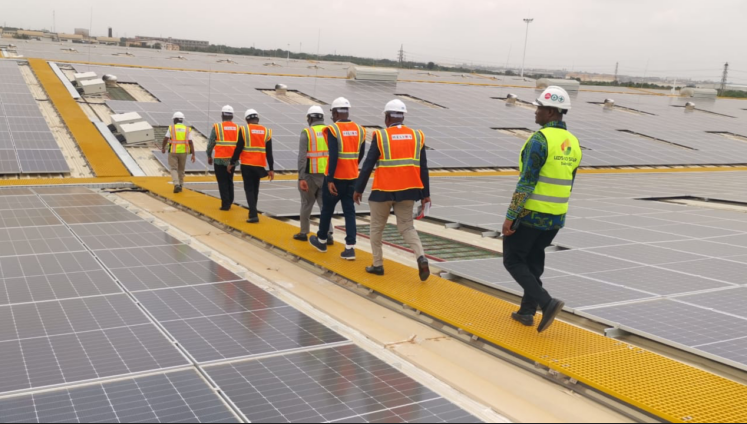
Ghana has unveiled the first phase of its 1000 megawatts rooftop solar project to provide power for companies in the free zone enclave.
Upon completion, the solar project will be the largest solar plant in Africa and the second largest in the world. It is projected that the solar system will annually produce 24,750 MWh of clean, stable, and sustainable electricity, providing companies with access to the European market (EU).
It was financed by the International Finance Corporation (IFC) of the IMF Group and covers an area of 100,000 square metres. The construction, connection and installation of the entire project were executed by Ghanaian engineers and technicians.
Commissioning the project, the Minister of State at the Energy Ministry, Herbert Krapa, reaffirmed the government’s commitment to sustainable initiatives.
“Government acknowledges that the private sector has the power to contribute to growth and development. We plan to mainstream renewable energy as part of our energy generation mix, and this project signals the lead role of the private sector in achieving it,” he stated.
He further called for more partnerships to ensure a greener economy.
“Solar, over time, has helped reduce the cost in the energy mix and meet green credentials. I encourage more partnerships to sustain such initiatives,” he added.
At the commissioning, Adlai Opoku-Boamah, Managing Director of LMI Holdings, described the project as a significant milestone towards the company’s dream of energy independence and environmental stewardship.
Owned by Helios Solar Company (Helios), part of LMI Holdings, the solar rooftop project will supply 16.82 megawatts of energy to Helios and its partners.
The Chief Executive Officer of the Ghana Free Zones Authority, Amb. Mike Ocquaye Jnr., underscored the essence of the free zones to Ghana’s growth agenda.
“This project reaffirms the need to foster a thriving ecosystem of free zone enterprises here in Ghana,” he said.

The innovative solar system is funded by the International Finance Corporation (IFC) as part of a comprehensive $30 million clean power and water deal with LMI Holdings to support job creation and greener, more sustainable, and more competitive industrial development in the country.
According to the Ghana Energy and Investment Plan, the country is poised to play a key role in the generation mix. The plan envisages that solar might account for the majority of capacity with over 150 gigawatts by 2060. However, the rapid build-out of solar capacities will require significant technical, financial, and policy support to simplify and accelerate project development.
—-
Explore the world of impactful news with CitiNewsroom on WhatsApp!
Click on the link to join the Citi Newsroom channel for curated, meaningful stories tailored just for YOU: https://whatsapp.com/channel/0029VaCYzPRAYlUPudDDe53x
No spam, just the stories that truly matter! #StayInformed #CitiNewsroom #CNRDigital
Read Full Story


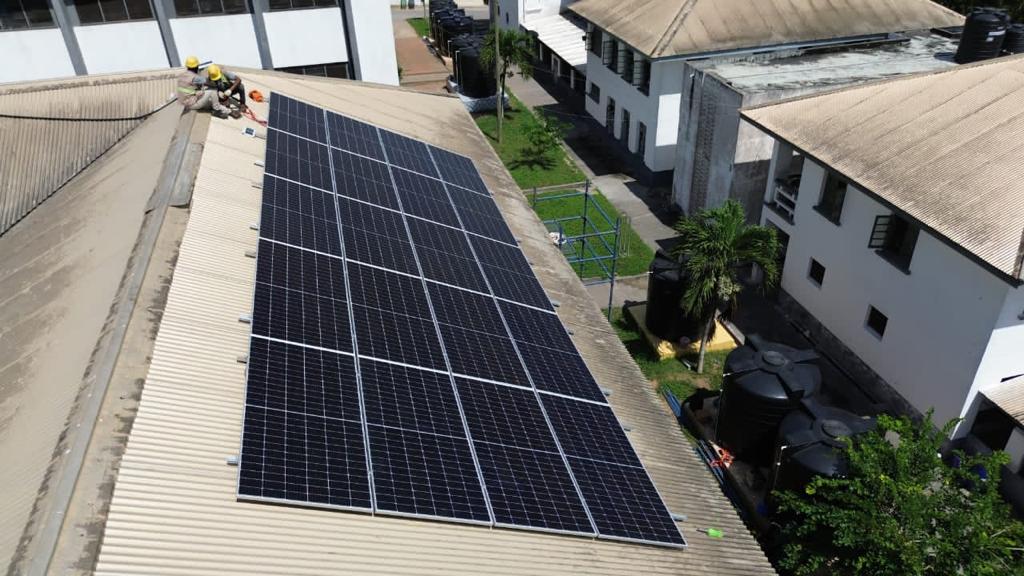
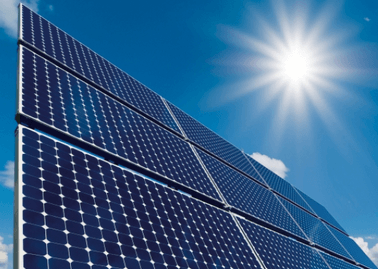



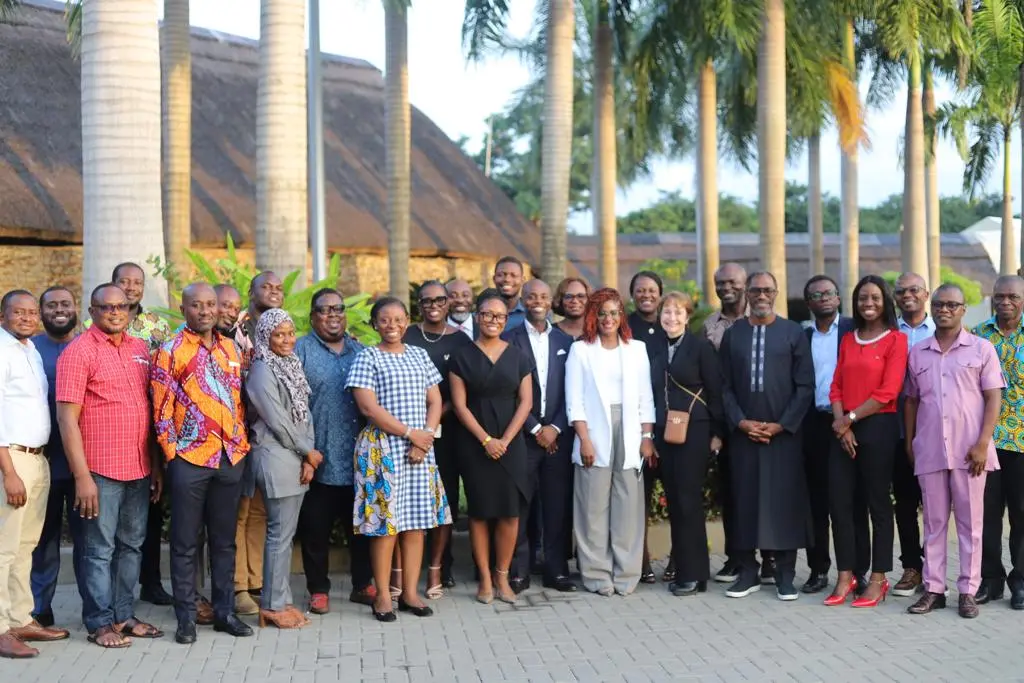






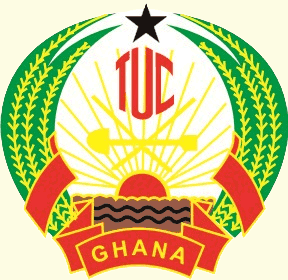


Facebook
Twitter
Pinterest
Instagram
Google+
YouTube
LinkedIn
RSS